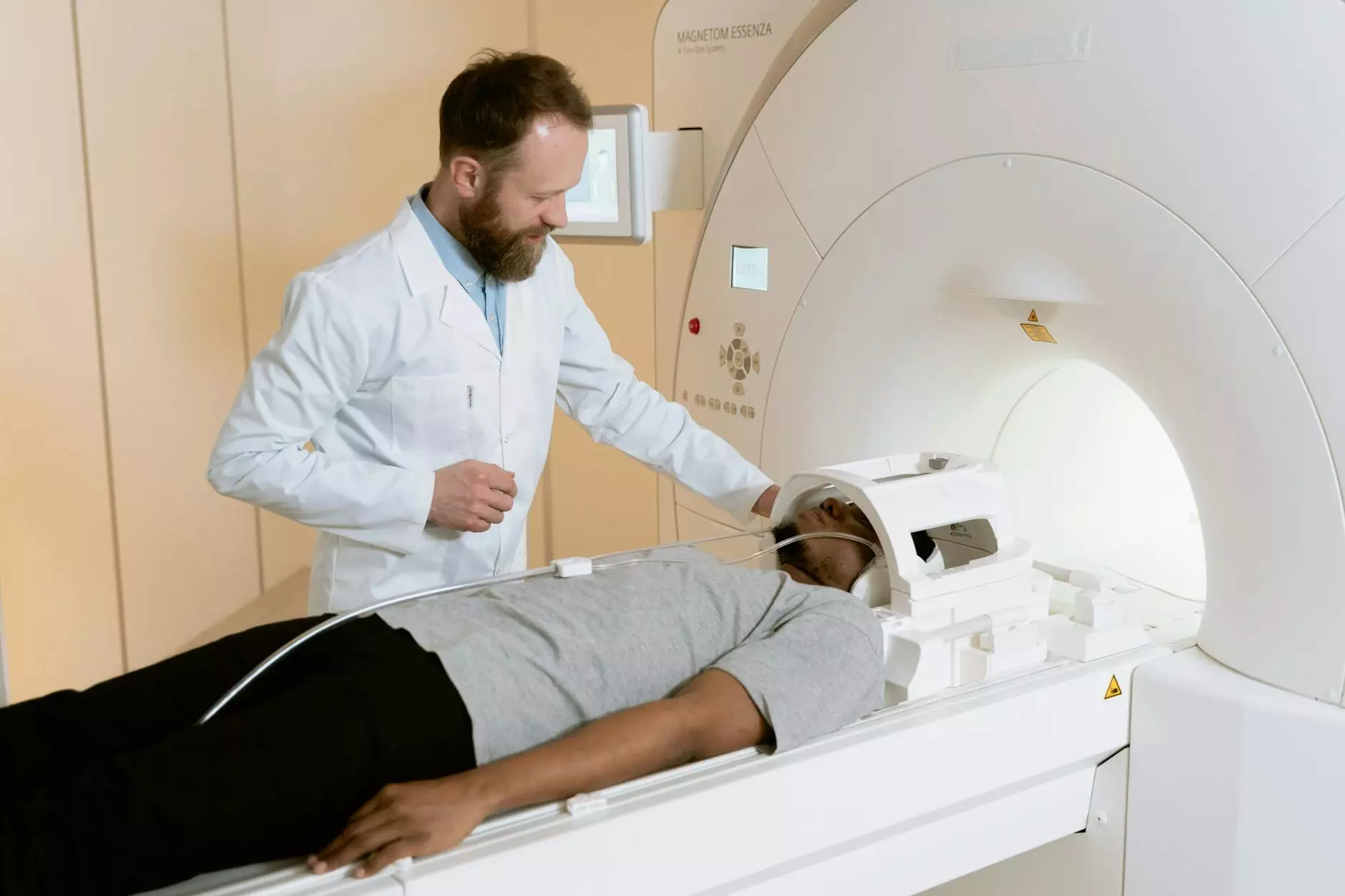The Unsung Heroes of Healthcare: MRI Service Engineers

In the rapidly evolving landscape of healthcare technology, MRI service engineers play a pivotal role in ensuring the reliability and efficiency of diagnostic imaging equipment. Magnetic Resonance Imaging (MRI) systems are indispensable tools in modern medicine, offering unparalleled insights into the human body. This article delves deep into the nuances of their work, exploring the responsibilities, skills required, and the overall impact of MRI service engineers on medical centers and diagnostic services.
What is an MRI Service Engineer?
An MRI service engineer specializes in the installation, maintenance, and repair of MRI machines. Their rigorous training and expertise enable them to address complex technical issues and ensure that these critical diagnostic machines operate at peak performance. This not only enhances patient care but also promotes safety and efficiency in the medical environment.
The Role of MRI Service Engineers in the Healthcare System
The healthcare system relies heavily on advanced technology, and the role of an MRI service engineer is multifaceted:
- Installation: MRI service engineers oversee the setup of MRI machines, ensuring they are installed properly, calibrated, and integrated into the hospital’s or clinic’s system.
- Maintenance: Regular maintenance is crucial for MRI devices. Engineers perform routine checks, adjustments, and equipment calibrations to prevent malfunctions.
- Repair: When an MRI machine fails, it’s the service engineer’s responsibility to diagnose and rectify the issue swiftly to minimize downtime.
- Training: MRI service engineers often provide training to medical staff on the operational aspects of MRI machines, enhancing the overall departmental efficiency.
- Compliance: Keeping MRI systems compliant with regulatory standards and ensuring they meet safety protocols is a critical aspect of their job.
The Importance of MRI Systems in Medical Centers
MRI technology has transformed diagnostics. Here’s why MRI systems are indispensable in medical centers:
1. Non-Invasive Diagnostic Capability
Unlike traditional imaging methods that may expose patients to ionizing radiation, MRI offers a non-invasive alternative. This enhances patient safety and comfort.
2. Superior Imaging
MRIs provide remarkable details of soft tissues, organs, and other structures, making them essential for accurate diagnosis and treatment planning. Their ability to depict changes in the body at different stages of illness is unparalleled.
3. Versatile Applications
From neurological evaluations to orthopedic assessments, MRIs are versatile, aiding in diagnosing various conditions across multiple medical specialties. This versatility has made MRI systems a staple in diagnostic services.
Skills Required for an MRI Service Engineer
The role of an MRI service engineer is highly specialized and requires a mix of technical prowess and soft skills. Key competencies include:
- Technical Expertise: A strong understanding of MRI systems, their components, and the technology behind them is fundamental.
- Problem-Solving Skills: Engineers must think critically to troubleshoot and resolve issues efficiently, minimizing downtime.
- Communication Skills: Being able to explain technical concepts clearly to non-technical staff is essential for effective training and collaboration.
- Attention to Detail: Precision is crucial when working with intricate equipment to avoid overlooking potential problems.
- Adaptability: The field of medical technology is ever-changing. Engineers must continuously update their skills and knowledge to keep pace with advancements.
Challenges Faced by MRI Service Engineers
While the role is rewarding, MRI service engineers encounter several challenges:
1. Technological Advancements
With rapid advancements in MRI technology, engineers must constantly learn about new features, updates, and software changes to stay ahead in their field.
2. High Stakes and Stress
The healthcare environment operates under high pressure. An MRI service engineer must work quickly and efficiently to resolve issues, knowing that patient care is dependent on their expertise.
3. Continuing Education and Certification
To ensure proficiency, ongoing education and acquiring relevant certifications are necessary. Balancing this with full-time job demands can be challenging.
How MRI Service Engineers Enhance Patient Care
The impact of skilled MRI service engineers on patient care cannot be overstated. Here’s how they contribute:
1. Minimizing Equipment Downtime
Quick and efficient maintenance and repairs ensure that MRI machines are available when needed the most, which is vital for timely diagnostics and treatment.
2. Ensuring Accurate Diagnostics
Well-maintained equipment translates to high-quality imaging. This accuracy is essential for healthcare providers to make informed decisions regarding patient care.
3. Promoting Safety
MRI service engineers ensure that all machines are compliant with safety standards, thus safeguarding both patients and staff.
The Future of MRI Services
As medical technology continues to evolve, the role of MRI service engineers is set to become even more critical:
1. Integration of AI in MRI
Artificial Intelligence (AI) is reshaping the medical field, including the MRI landscape. MRI service engineers may need to adapt to new systems that utilize AI for enhanced diagnostics and operations.
2. Remote Monitoring
The future may see an increase in remote monitoring capabilities, where engineers can diagnose and troubleshoot issues from a distance, enhancing response times and operational efficiency.
3. Expanded Responsibilities
As healthcare becomes more technology-driven, engineers might take on more responsibilities regarding systems integration and data management, highlighting the need for continuous learning and adaptation.
Conclusion
The role of the MRI service engineer is essential in today's health and medical landscape. Their expertise ensures that MRI systems function optimally, directly impacting patient care quality. As the field of diagnostic services evolves, the importance of these professionals will only continue to grow. By investing in training and embracing technological advancements, MRI service engineers can enhance their contributions, ensuring a healthier future for all.
Contact Information for MRI Services
If you're interested in learning more about MRI services or require professional engineering support, visit Echo Magnet Services for more information. Our team of dedicated professionals is here to deliver exceptional support and service in health care and medical diagnostics.









